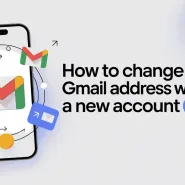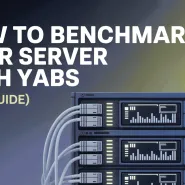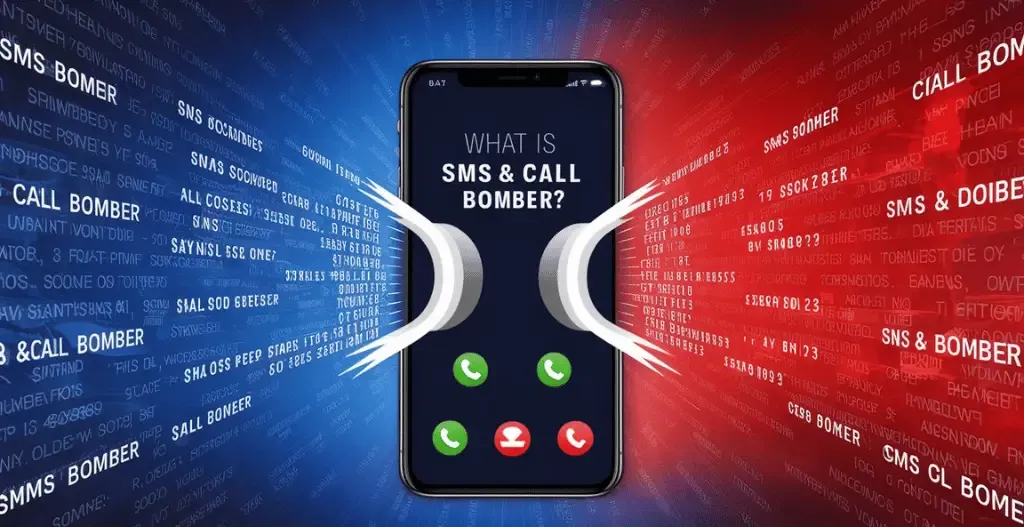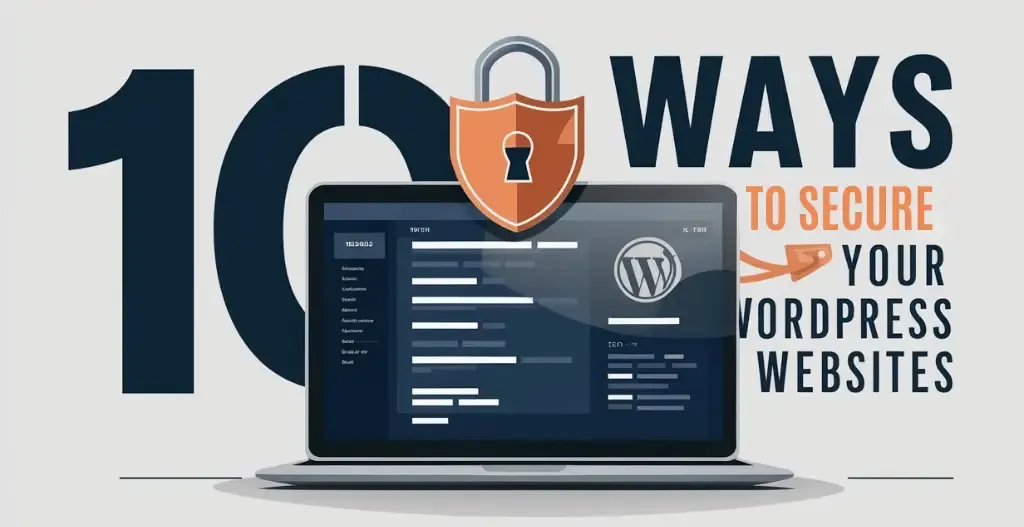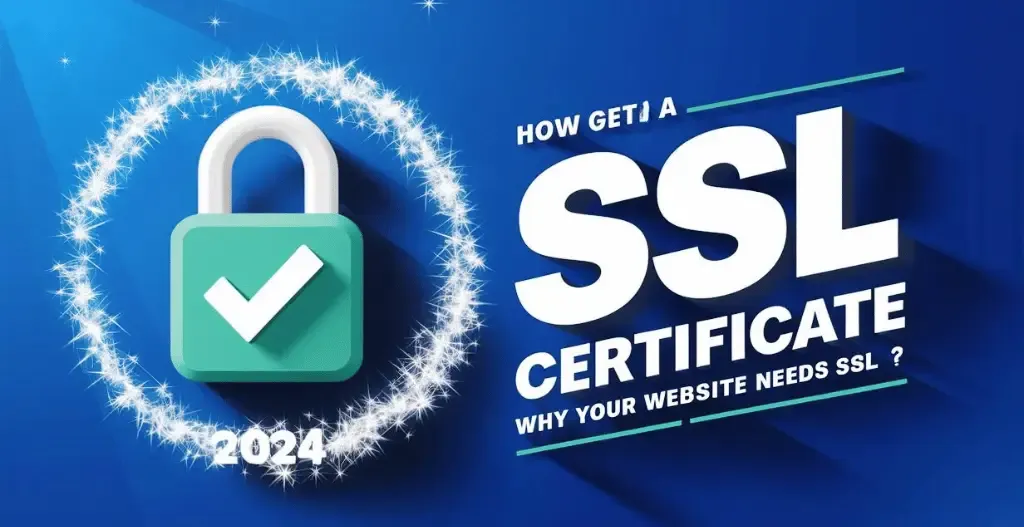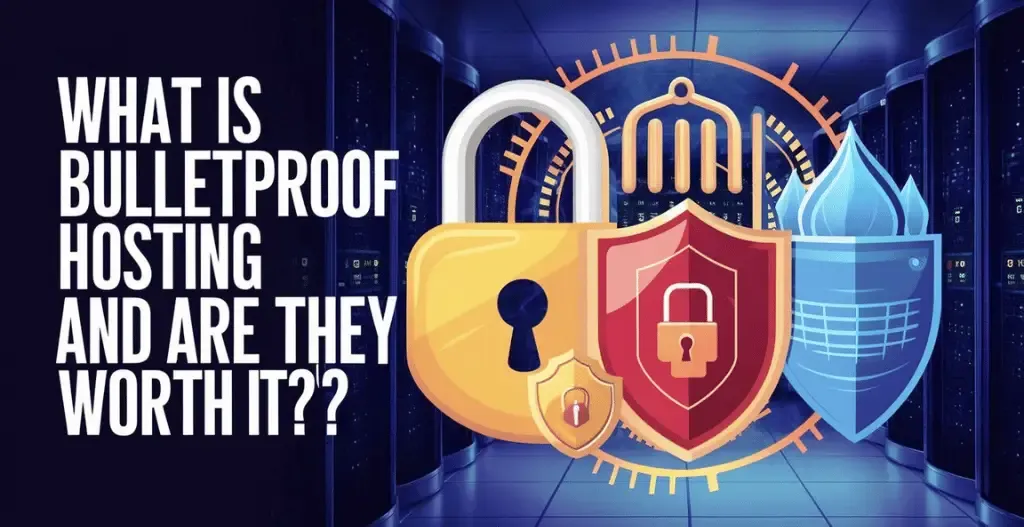The digital world of privacy is increasing rapidly with the users turning more towards to Virtual Private Networks (VPNs) to protect themselves from prying eyes on their online activities. Every VPN users have a concern related to: Can VPNs Be Tracked By Police? As everyone connects to VPNs to safeguard their digital footprints while navigating different websites. In this blog post, we will explore into the concern of VPNs tracking by police, Exploring its challenges, strategies.
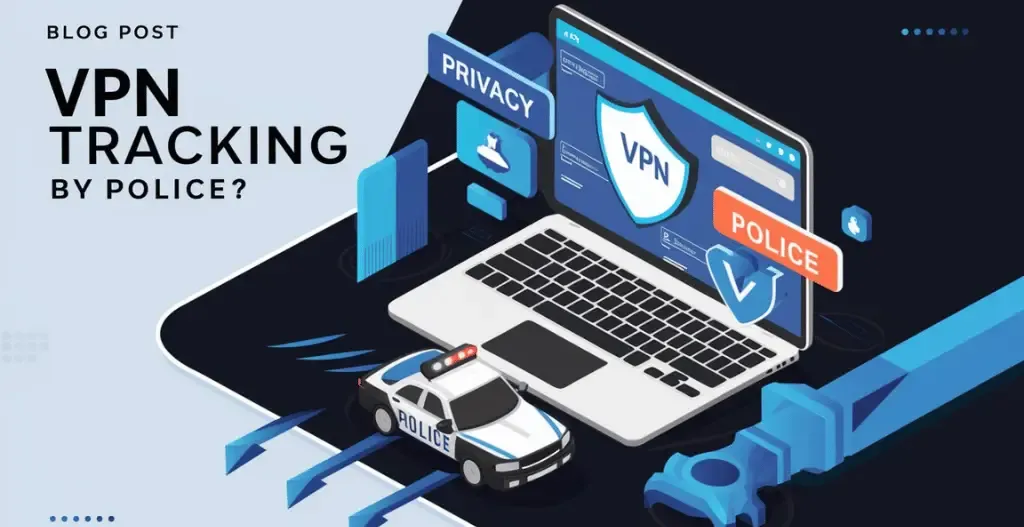
Understanding VPNs & Police Tracking
VPN services provides users with a secure way to browse the internet anonymously by reconnecting their internet connection through a private server. There security process makes it challenging for different third parties to monitor your online activities. However the question remains the same: Can VPNs Be Tracked by Police?

How VPNs Work?
- VPNS create a secure internet traffic to safeguard user privacy by creating a secure channel for data transmission.
- By hiding the user’s IP address, VPNs provides a secure layer of anonymity and prevent the websites from tracking user activity.
Chance Of Police Monitoring
- Law enforcement agencies have the complete authority to monitor your complete online activities to prevent crimes, VPNs add a another layer of security for this.
- VPN users must be aware of the potential for police surveillance and understand their rights and responsibilities.
The connection between VPN technology & law enforcement raises an important questions about the privacy and security in digital world.
Can VPNs Be Tracked By Police : Factors Influencing It

- Jurisdictional Laws :
- Different countries have different laws regarding to the data retention and online surveillance.
- Every VPN provider should comply with their countries local regulations, impacts the availability of user data to authorities.
- VPN protocols and security :
- The strongness of secure protocols used by VPN providers determines the level of protection against website trackers.
- Different Policies By VPN providers :
- The policies practices of VPN providers plays an important role in determining the extent to which user activities can be traced
- Some VPN providers maintain a strict a no-logs policies to ensure that no identifiable information is stored.
In choosing the VPN providers, users should consider the factors above to make an informed decisions about their online security. Staying informed about the jurisdictional laws, security standards and different policies to safeguard yourself from digital footprints from surveillance.
Different Challenges Faced By Police In Tracking VPNs Users
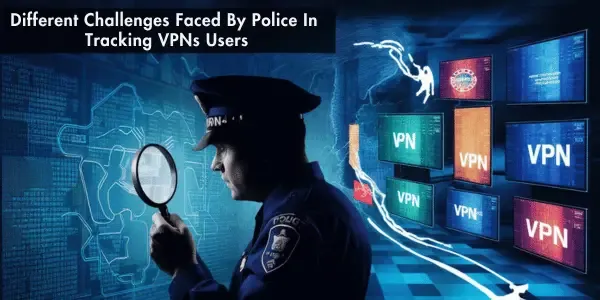
Law enforement officials has to encounter different obstacles when they attempts to track the VPN users due to the advanced security measures employed by VPN services. Some of them are :
- Overcoming Different Security Barriers :
- Advanced Security Technologies used by VPNs create a secure layer of connection that prevents unauthorized access to user data.
- Breaking the security measures requires different significant resources and expertise, making it a challenge for police to intercept communications.
- Obtaining User’s Data From VPN Providers :
- Many VPN providers often prioritize user privacy by implementing strict no-logs policies to ensure minimal data retention.
- Law Enforcement officials has to follow many legal procedures and obtain warrants to compel VPN companies to disclose user information.
Addressing these type of challenges requires a strategic approach on the part of law enforcement officials to balance crimes with respecting the individuals rights to privacy and online anonymity.
Conclusion :
VPN privacy is a constantly changing field that is influenced by new laws, cutting-edge technology, and changing enforcement tactics. Users must continue to make educated decisions and take proactive privacy precautions as they adjust to these changes in order to protect their digital identities and maintain online security in a constantly evolving environment.
FAQs (Frequently Asked Questions)
Can VPN usage guarantee complete anonymity from law enforcement?
While offered enhanced privacy and security by encrypting online communication, absolute anonymity is not guaranteed. Law enforcement agencies may employ various techniques to track VPN users, emphasizing the importance of selecting reputable VPN providers and practicing safe online behavior.
Are all VPN providers equally resistant to police tracking?
Not all VPN providers offer the same level of protection against police tracking. Factors such as encryption protocols, logging policies, and jurisdictional laws influence the resilience of VPN services to law enforcement surveillance. Users should research and choose VPN providers with robust security measures. It answers our question Can VPNs Be Tracked by Police
What should individuals do if they suspect their VPN activity is being monitored by law enforcement?
If users suspect their VPN activities are under scrutiny by law enforcement, they should contact their VPN provider for guidance and review their security settings. Consulting legal counsel may also be advisable to understand rights and obligations in such situations.
Will using a VPN prevent legal consequences if engaging in illegal activities?
While a VPN can obscure the user’s IP address and encrypt data, engaging in illegal activities online remains a violation of the law. Law enforcement agencies can trace illegal activities back to VPN users through other means, leading to potential legal consequences despite VPN usage.
Checkout How To Change Your Profile Picture In Roundcube Webmail 2024
Discover more from Owrbit
Subscribe to get the latest posts sent to your email.
